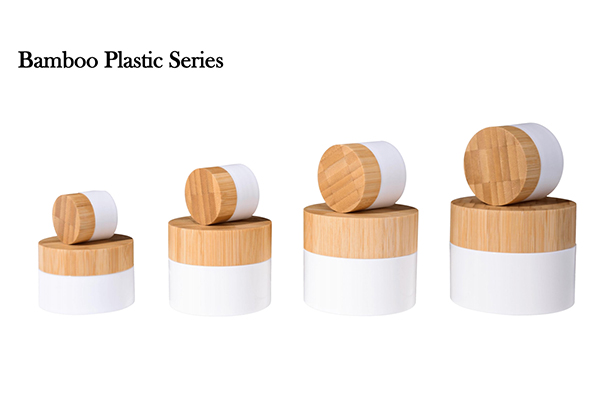Actively practicing the development concept of harmonious coexistence between man and nature, more and more people choose to use “substitute plastic” bamboo products to reduce plastic pollution. On November 7, 2022, President Xi Jinping sent a congratulatory letter to the 25th anniversary of the establishment of the International Bamboo and Rattan Organization and pointed out that the Chinese government and the International Bamboo and Rattan Organization have joined hands to implement global development initiatives and jointly launched the “Bamboo and Rattan Organization” “Plastic Regeneration” initiative to promote countries to reduce plastic pollution, respond to climate change, and accelerate the implementation of the United Nations 2030 Agenda for Sustainable Development.

Plastics are widely used in production and life and are important basic materials. However, non-standard production, use of plastic products and recycling of plastic waste will cause waste of resources, energy and environmental pollution. In January 2020, the National Development and Reform Commission and the Ministry of Ecology and Environment jointly issued the “Opinions on Further Strengthening Plastic Pollution Control”, which not only put forward prohibition and restriction control requirements for the production, sales and use of some plastic products, but also clarified Promote the application of alternative products and green products, cultivate and optimize new business models and new models, and standardize systematic measures such as the recycling and disposal of plastic waste. In September 2021, the two ministries and commissions jointly issued the “14th Five-Year Plan” Plastic Pollution Control Action Plan, which proposed “scientific and steady promotion of plastic alternative products”.
Bamboo has outstanding advantages and functions in reducing plastic pollution and replacing plastic products. my country is the country with the richest bamboo resources in the world, and the current national bamboo forest area reaches 7.01 million hectares. A single piece of bamboo can be matured in 3 to 5 years, while it takes 10 to 15 years for a general fast-growing timber forest to grow. Moreover, bamboo can be successfully reforested at one time, and it can be cut down every year. It is well protected and can be used sustainably. As a green, low-carbon, and degradable biomass material, bamboo can directly replace some non-biodegradable plastic products in many fields such as packaging and building materials. “Replacing plastic with bamboo” will increase the proportion of green bamboo products used and reduce plastic pollution.
Media Contact
Company Name: YiCai Factory
Email: Send Email
Country: China
Website: https://www.sustainable-bamboo.com/




